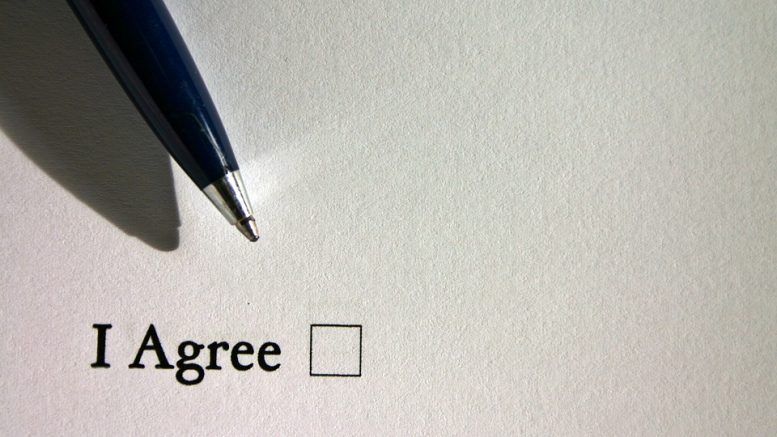Last week, the Voice of London spoke with Anna Rowe, a mother of two who is running an online petition to pass a legislation tightening UK’s consent laws.
The Clear Lines Festival is an annual event that brings together people from various charities and non-profit organisations, sexual assault survivors and media professionals to discuss the issues surrounding the topic of abuse and consent.
[soundcloud url=”https://api.soundcloud.com/tracks/366724286″ params=”color=#ff5500&auto_play=false&hide_related=false&show_comments=true&show_user=true&show_reposts=false&show_teaser=true&visual=true” width=”100%” height=”300″ iframe=”true” /]
Cordelia Morrison, a strategic relationship manager at the London-based charity Tender, spoke about how drama and arts can assist to educate the youth about healthy relationships, gender equality, and consent. While speaking at Clear Lines Festival, Cordelia addressed various issues of sexual abuse such as everyday street harassment, the lack of empathy towards the victims and the definite need to educate the youth about sexual relationships. When in comes to educating children as young as eight years old about sexual relationships, society tends to have very contradictory views. “Innocence is not the same as ignorance,” said Cordelia.
Jayne Bullough is a training and prevention coordinator at the independent organisation Rape Crisis in South London. In the panel, she spoke about the importance of challenging abusive behaviour and about “how not to abuse in the first place.” She tackled the deeply hidden subject of women saying NO and of women’s suppression being ignored underneath male privilege. The Rape and Sexual Assault Support Centre explores topics such as pornography, sexuality and body image.
Yvonne Roberts, a journalist at the Observer, said that the media’s irresponsible reporting of sexual assault is one of the big issues. “There are 11 rapes an hour. Why don’t we have as many convictions? Why do we have, not always, but rather often this crap investigation from the police?”, she asked. “The standard of journalism is going down because of the internet’s impact on individual stories.”
Faye White is a rape survivor and a print journalist at the Daily Mail. Faye knew that it was important for her to tell her survival story in her own words; and not to become just another number to the statistics. She feels strongly about the media’s lack of attention towards sexual assault issues. “There is a problem in the media. It looks like it’s only being reported when there is a celebrity involved.”
We have to keep the conversation going if we want our voices to be heard. In the end, we have to draw a very clear line between what is consent and what is sexual abuse.
Words: Ieva Sulavaite Subbing: Lotta Behrens

